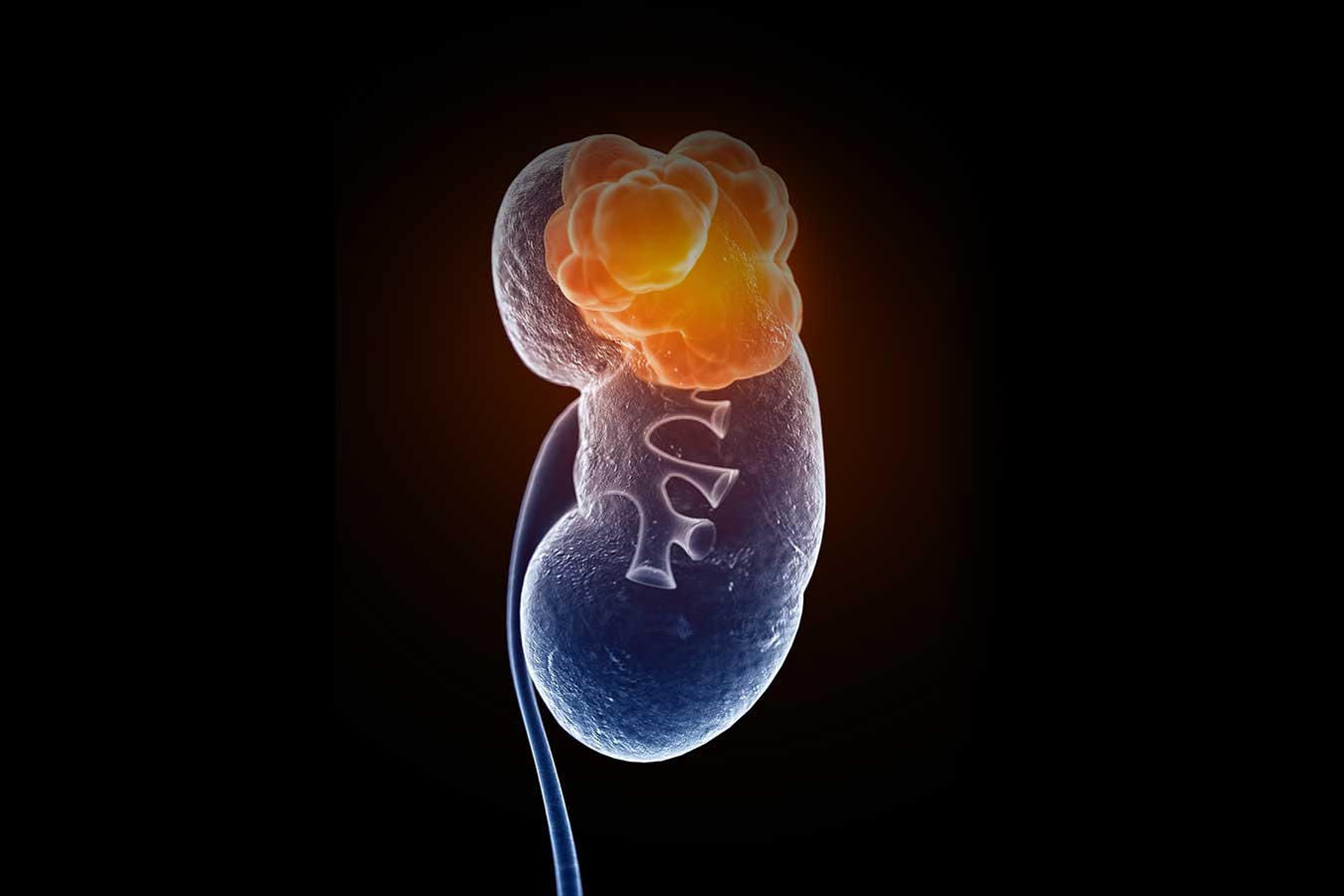Surgery for Kidney Cancer
The surgery required for kidney cancer is often performed in 1 of 3 modalities, traditional or open surgery, minimally invasive or laparoscopic surgery, or robotic-assisted laparoscopic surgery. Depending on the type of tumour you have, you may require one surgery versus another. Another important consideration for the type of surgery you will have for kidney cancer is the location of your tumour, with respect to the main important nerve centre of the kidney. If the tumour is located in an area that will impact the entire kidney and if the risk of cancer being left behind is too great, you may require the whole kidney to be removed. If, however, the tumour is located more in a peripheral location, then the tumour itself may be removed only while sparing a healthy and viable piece of the kidney left behind. This is called a partial nephrectomy.

A fundamental concept is that your tumour location, the type of tumour that you have ( if you have had a biopsy), your family history, and your overall health will dictate the type of surgery that you need, whether partial or complete removal of the kidney (radical nephrectomy) and what modality is used to remove that issue. Occasionally, if the tumour has extended beyond the kidney, and has invaded areas such as the adrenal gland, vena cava, and other organs, an open traditional approach is more suitable. From a Surgical Oncology perspective, your particular surgery needs to be built around you, and you are not going to fit into a surgery that is ubiquitous and built for everyone else. The personalization of the approach to kidney cancer is of fundamental importance.
Doctor Feifer specializes in the minimally invasive approach to kidney cancer, such that the majority of cases that he does are laparoscopic partial nephrectomy or extended partial nephrectomy, also completed in a minimally invasive fashion. Dr. Feifer will discuss the surgical approach with you, and the realistic goals when it comes to curing you of kidney cancer.
For a minimally invasive approach to partial nephrectomy, 4 to 5 small incisions (5-12 mm) are placed into the abdomen and a telescope connected to the camera and several working instruments are used to isolate the kidney within the abdomen, maintaining its connection to the urinary system and to your bloodstream. The tumour is isolated and carefully removed after temporarily blocking the blood flow to the kidney to prevent major bleeding. During this brief period of time, the kidney is reconstructed and closed appropriately and blood flow is restored. Typically, the length of the operation is 3-4 hours. A laparoscopic radical nephrectomy is a similar procedure but takes less time as the entire kidney is removed without the needed reconstruction of a partial removal. Recovery time is greatly enhanced with the minimally invasive approach, and over 90% of patients leave the hospital on a postoperative day 1. Early ambulation and appropriate pain control are fundamental pillars of a quicker recovery.
TREATMENTS & CONDITIONS
Kidney Stones
kidney stones are extremely common and can present with acute severe pain, kidney dysfunction, or severe infection. It is incredibly important to seek care for kidney stones to

Urinary Obstruction
Ureteropelvic junction (UPJ) obstruction occurs in the upper urinary. Most often, it is blocked at the renal pelvis. This is where the kidney attaches to one of the ureters

Minimally Invasive Surgery Kidney & Ureter
Dr. Feifer specializes in the middle invasive approach to kidney cancer, often able to remove large tumours and reconstruct the ...

Kidney Cancer
Kidney cancer can arise at any stage in life, and when caught early, has an excellent prognosis. Surgery, often minimally invasive, is often necessary to remove the primary tumor.



